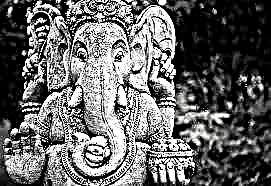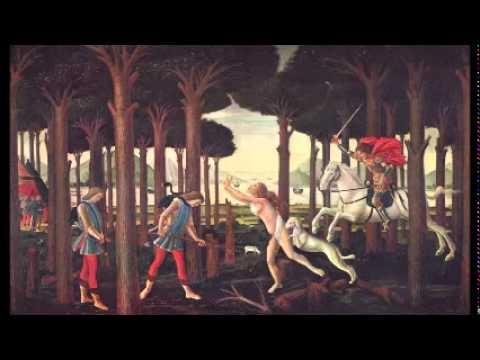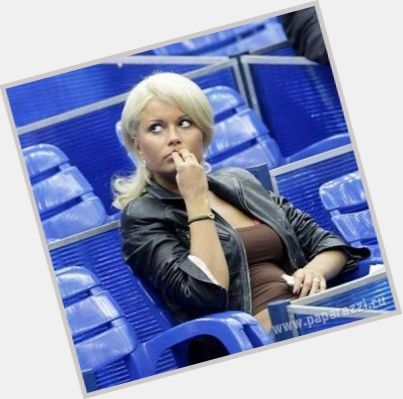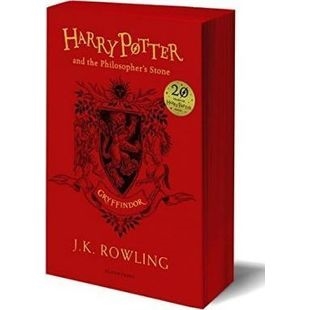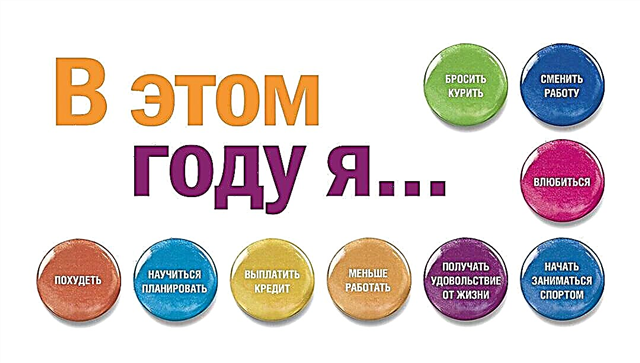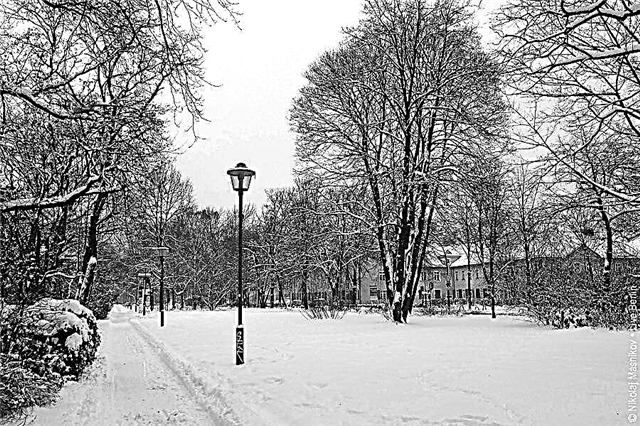This book is not a novel, not a story, not a lyrical diary, and not a memoir. The chronological links are replaced by associative ones, and the search for beauty is replaced by a search for authenticity, no matter how bad it may seem. This is movism (from "mov" - bad). This is a free flight of fantasy generated by true incidents. Therefore, almost no one is named here by his name, and a pseudonym will be written with a small letter, except for the Commander.
My acquaintance with the key (Yu. Olesha) took place when I was seventeen, he was fifteen, later we became the closest friends, belonged to the same literary environment. Eskess, birders, brother, friend, konarmeets - all of them are also from Odessa, together with the Kiev blue-eyed and the Chernigov campaniformes included in the encyclopedia and almost all in the reader.
I met a bird-catcher (Eduard Bagritsky) at a meeting of young poets, where the critic Pyotr Pilsky chose the best and then drove it to the summer theaters. Next to him on the jury was always the poet eskess (Semyon Kesselman), invariably ironic and merciless in poetry.
Ptitselov was part of the elite of Odessa poets, his poems seemed unattainable to me. They were both tasteless and incomprehensibly beautiful. He looked strong, had a gladiatorial appearance, and only later did I find out that he was suffering from asthma.
They managed to get him to Moscow only after the civil war. He was already married to the widow of a medical doctor, lived a literary day, spent all day sitting in his shack in a Turkish mattress, coughing, panting, burning anti-asthma powder. I don’t remember how I once managed to lure him on a yacht into the sea, to which he tried not to come closer than twenty steps.
He wanted to be a smuggler, a Chekist, and Whittington, whom a gentle voice called to return.
The source of our poetry was almost always the little-known love drama - the collapse of first love, treason. The youthful love of a fowler once cheated on him with a half-drunk officer ... The wound did not heal all his life.
It was the same with the key and with me. Mutual envy has tied us to each other all my life, and I have witnessed many episodes of his life. Klyuchik once told me that he does not know a stronger engine than envy. I saw an even more powerful force - love, and undivided.
The friend of the key was a pretty blue-eyed girl. In moments of tenderness, he called her friend, and she was his elephant. For her sake, the key refused to go to Poland with her parents and stayed in Russia. But one day, my friend announced that she was married. The key will remain the best for her, but she’s tired of starving, and Mack (new husband) serves in the provincial committee. I went to Mack and announced that I had come for a friend. She explained to her that she loves the key and must return now, only she will collect things. Yes, she dispelled my perplexity, now she has things. And the products, she added, returning with two bundles. However, after some time, she appeared in my room in Mylnikovy Lane, accompanied by the one whom I would call the lap-footed (Vl. Narbut).
He once headed the Odessa branch of GROWTH. After the Civil War, he limped, he did not have enough left hand, as a result of shell shock he stuttered. He kept employees in hedgehogs. For all that, it was a poet, known even before the revolution, a friend of Akhmatova and Gumilyov. My friend, almost on the day of arrival in Moscow, the little key again appeared in my room and kissed her elephant with tears in her eyes. But soon there was a knock. I went out and the lame-footed one asked me to tell you that if the friend didn’t return immediately, he would shoot himself in the temple.
With tears in her eyes, the little friend said goodbye to the key (now forever) and went out to the ringed-legged one.
Soon, I took the key to the editorial office of “Beep”. What can you do? What do you need? - was the answer. And really. The chisel (the pseudonym of the key in The Hooter) almost overshadowed the glory of Demyan Poor, and ours with blue-eyed (M. Bulgakov) feuilleton definitely drowned in the radiance of his glory.
Soon the editorial board appeared the one whom I will call a friend (I. Ilf). He was taken as ruler. From illiterate and tongue-tied letters, he created a kind of prosaic epigrams, simple, saturated with humor. Ahead, however, world-wide fame awaited him. My younger brother, who served in the Odessa threat, came to Moscow and got a job as a warder in Butyrka. I was horrified, made him write. Soon he began to make decent money with feuilleton. I offered him and my friend a story about finding diamonds hidden in the upholstery of chairs. My co-authors not only perfectly developed the plot, but invented a new character - Ostap Bender. The prototype of Ostap was the brother of a young Odessa poet, who served in the menace and was very annoying to the bandits. They decided to kill him, but the killer mixed up the brothers and shot the poet. The brother of the murdered man found out where the killers were hiding, he came there. Who killed the brother? One of those present admitted a mistake: he did not know then that he was a famous poet, and now he asks to forgive him. Ostap spent all night among these people. They drank alcohol and recited the verses of the slain, the birder, cried and kissed. The next morning he left and continued the fight with the bandits.
World fame has come to the blue-eyed. Unlike us, a desperate bohemian, he was a family man, positive, with principles, was conservative and could not stand the Commander (V. Mayakovsky), Meyerhold, Tatlin. There was an almost elusive raid of provincialism in him. When he became famous, put on a bow-tie, bought shoes with buttons, inserted a monocle in his eye, divorced his wife and then married Beloselskaya-Belozerskaya. Then a third wife appeared - Elena. We were related by love for Gogol.
Of course, we southerners were not limited only to our circle. I was pretty well acquainted with the prince (S. Yesenin), I witnessed his poetic triumphs and ugly fights. My life flowed more or less close to the life of the Commander, ally (N. Aseev), mulatto (B. Pasternak). The great chairman of the globe (V. Khlebnikov) spent several days with me in Mylnikovoy. Fate more than once drove me to the grasshopper (O. Mandelstam), staff captain (M. Zoshchenko), harlequin (A. Kruchenykh), horse-guard (I. Babel), son of a plumber (V. Kazin), climber (N. Tikhonov ) and others, now gone, but not gone, from literature, from history.

